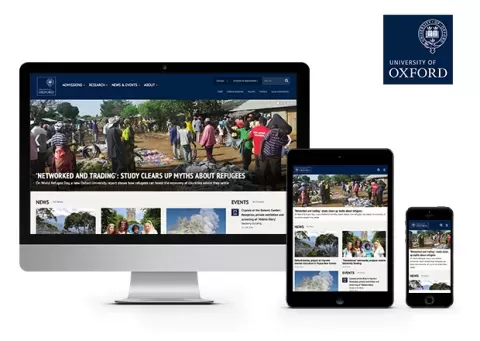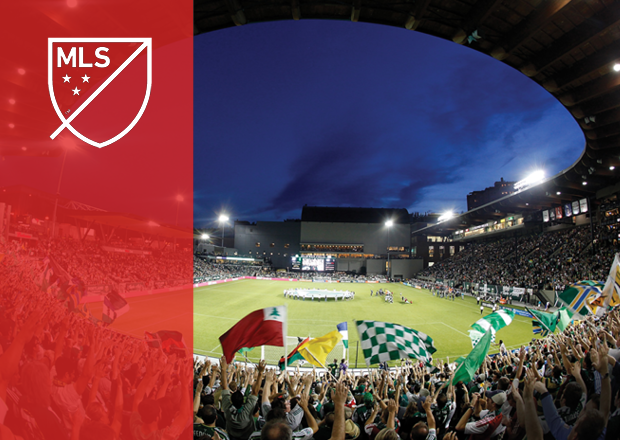
Major League Soccer (MLS)
Multisite Drupal Migration to Score the Best Fan Experience
Major League Soccer (MLS Digital) is a professional soccer league representing the sport's highest level in both the United Sta
- Home
- Major League Soccer (MLS)
Major League Soccer (MLS)
Multisite Drupal Migration to Score the Best Fan Experience
Major League Soccer (MLS Digital) is a professional soccer league representing the sport's highest level in both the United States and Canada. Since its initial season in 1996, the league has expanded to include 22 teams - 19 in the U.S. and 3 in Canada. The organization sought Phase2’s assistance to migrate each team’s site to a single Drupal 7 platform.
A Customized, Flexible, and Consistent Platform
Migrating 20 club sites onto a new platform while maintaining the legacy platform was no small task. MLS also needed highly sophisticated customization options based on each team’s design, content priorities, and site maintainers’ capabilities. Each site had to have the same code base and capabilities, but offer full flexibility for each team’s site owners. At the same time, each legacy site had to be supported as the migration took place over several months.
Why Drupal was chosen:
- Multi-site capabilities.
- Customization options.
- Enhance site performance.
- Integration with outside systems.
- Mobile capabilities.
- Multilingual functionality.
- Improved editorial workflow.
Describe the project (goals, requirements and outcome):
Enhanced Fan Experience
Delighting the MLS fanbase was a priority throughout the project.
Each team’s site maintainers can easily configure their team’s instance to best fit their technical capabilities. At the same time, we enhanced fan’s ability to enjoy their favorite sport with custom, rich multimedia platforms that allow viewers to enjoy games in real-time from any device.
Increased Efficiency
Before multisite, the deployed codebase for all 20 sites had an aggregated footprint of 2500MB and the RAM needed for the different site instances led to a need to choose M3.large instances at AWS (Amazon Web Services). Switching to a traditional multi-site architecture cut our deployed footprint to approximately 150MB.
By reducing the RAM required, we would be able to go from an M3.large to the newer C4.xlarge instance which is cheaper and faster. Another huge performance leap came from upgrading to PHP 5.5.
Overall, these two changes gained MLS a 40% performance increase.
Consistency & Flexibility Across Multiple Sites
Working with a blended group of Phase2 team members and MLS technical teams, we created a large Drupal 7 platform that would establish consistency in the code base and data sources while still allowing each team to create a distinct identity. As a result, each team site’s design cohesively fits within MLS’s digital brand despite differences in colors, images, and styles.
Integration with MLS properties
The Drupal 7 platform integrates with the majority of MLS properties, including MatchCenter live game stats, and the league’s large library of video content. It also integrates with Opta stats, a powerful stats data provider. As a result, fans encounter a streamlined experience with all the multimedia content they’re looking for each time they visit a league or club site.
Rich Advertising
MLS had a need for a rich advertising presence to draw revenue from their multi-site platform. Phase2 integrated the DFP (Doubleclick for Publishers) module which allowed MLS to optimize ad placement and draw in visitors with vibrant advertising media.
Empowering Editors
MLS needed to empower their editors to architect and publish content quickly, easily, and even in real time as sports events unfolded. Drupal 7 offers speedy editorial capabilities and powerful customization options that enable MLS editors to get vital league information to fans quickly across devices.
Outcome
At the end of the project, everything was running in AWS and MLS’s monthly AWS bills were a quarter of what they once were, and in early 2016 they were able to shut off their legacy hosting provider and achieve a considerable reduction in their monthly hosting costs. The infrastructure is also more stable, and the number and severity of alerts that the MLS Digital tech team receives is reduced.
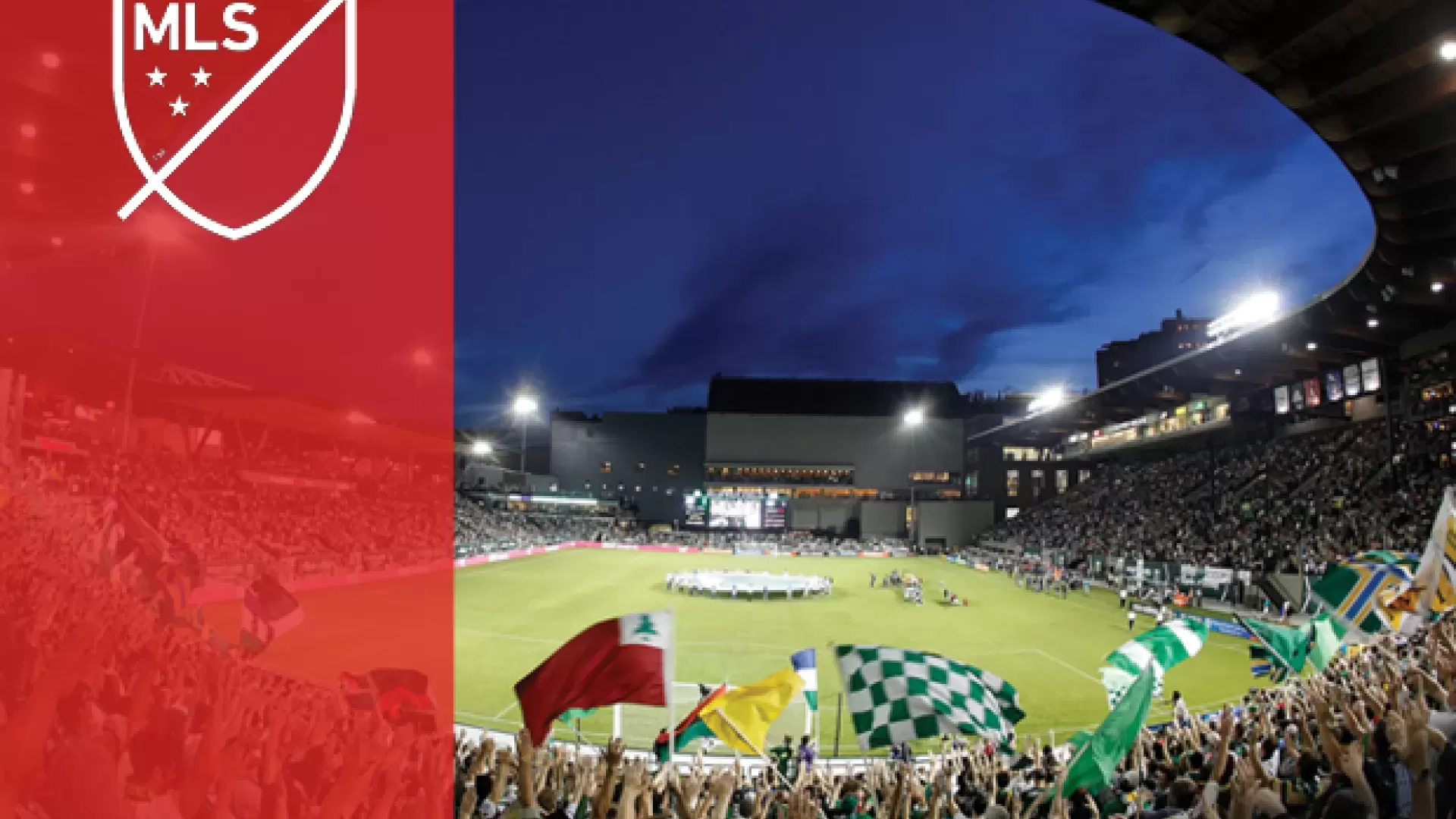
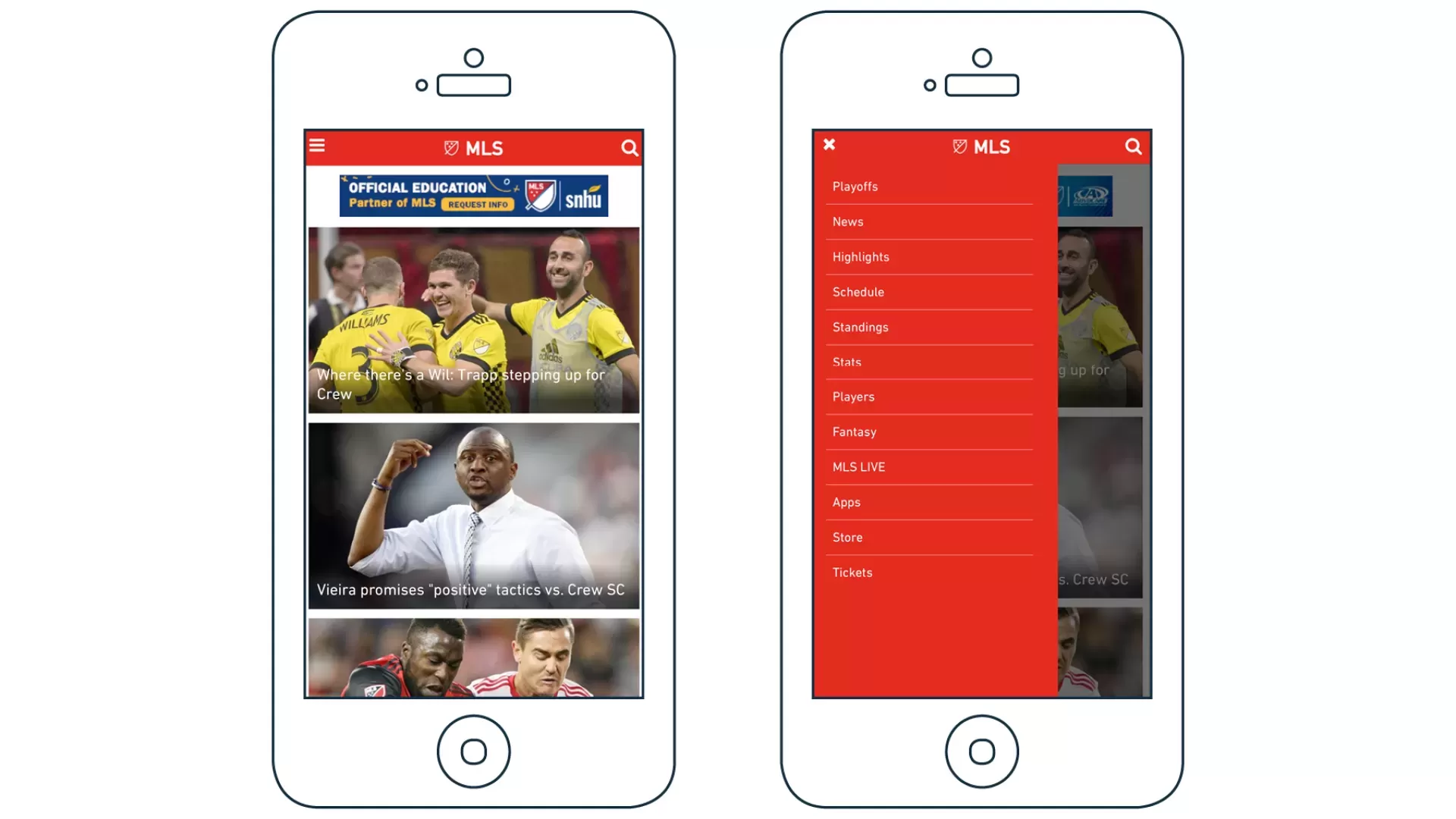
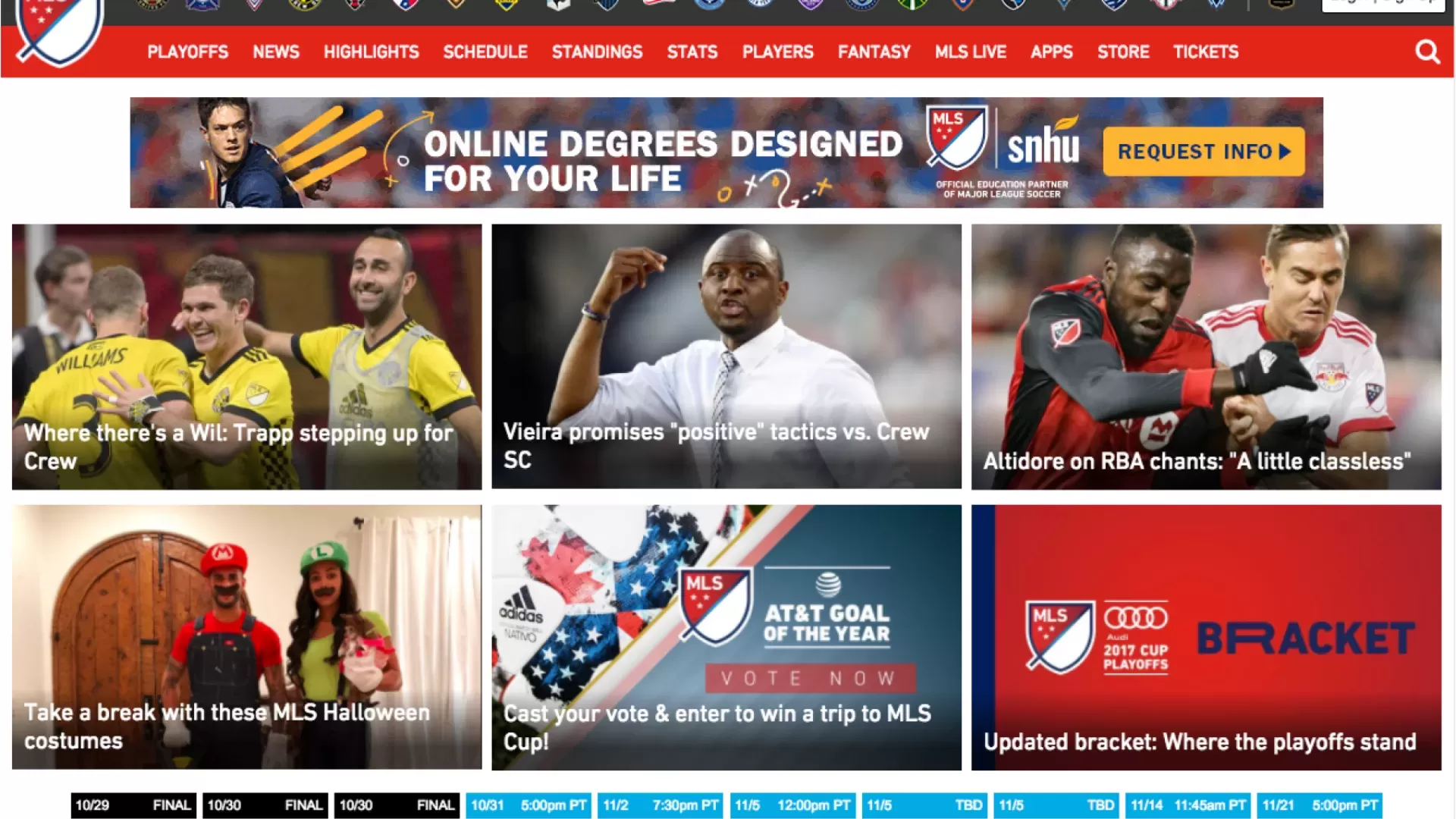
Related Projects


